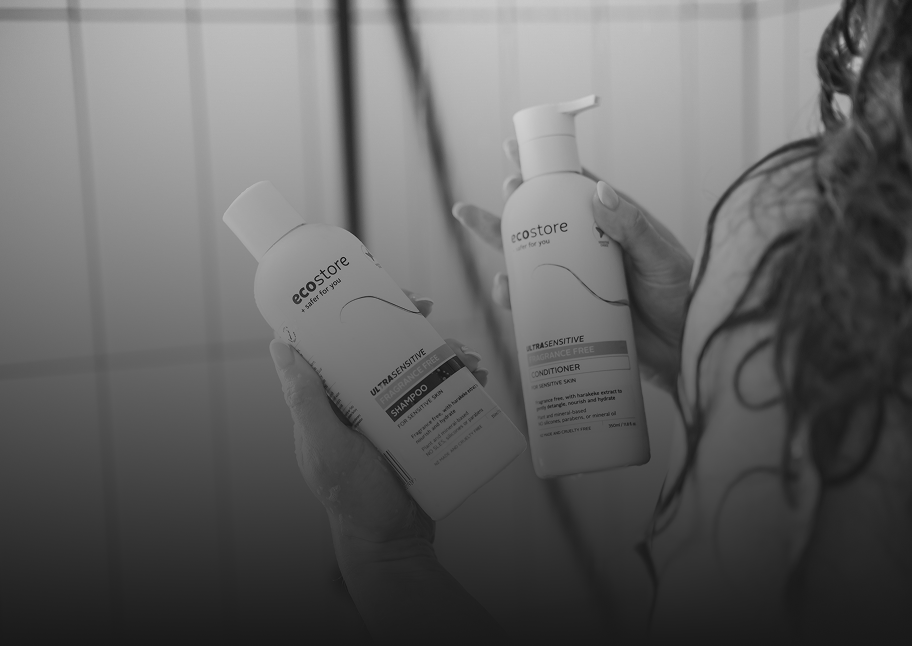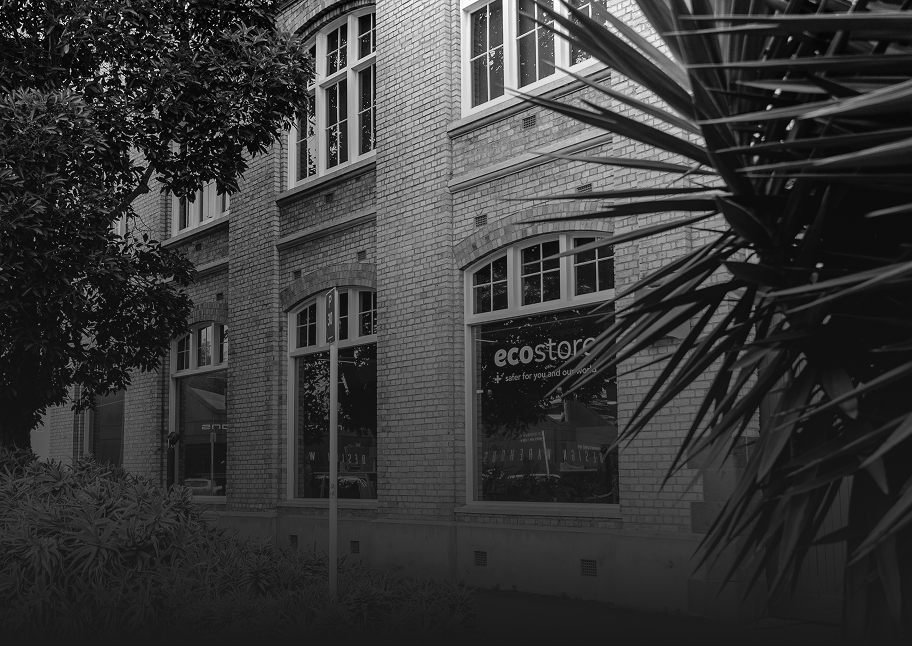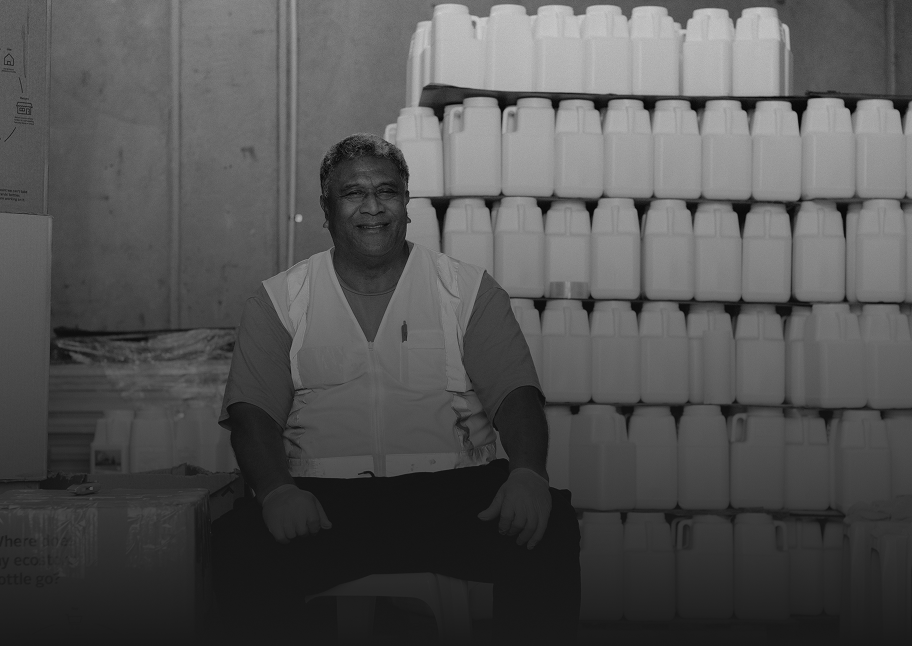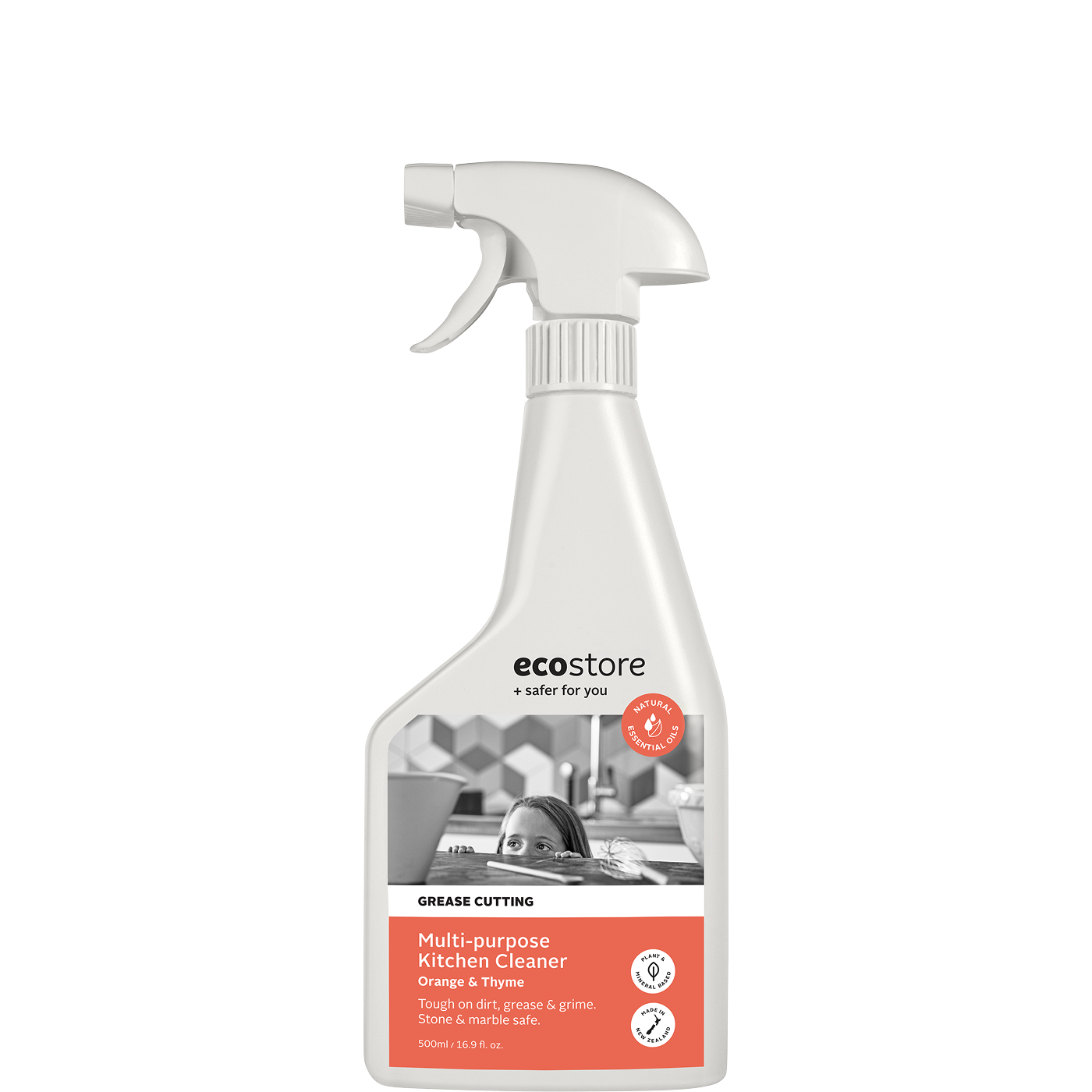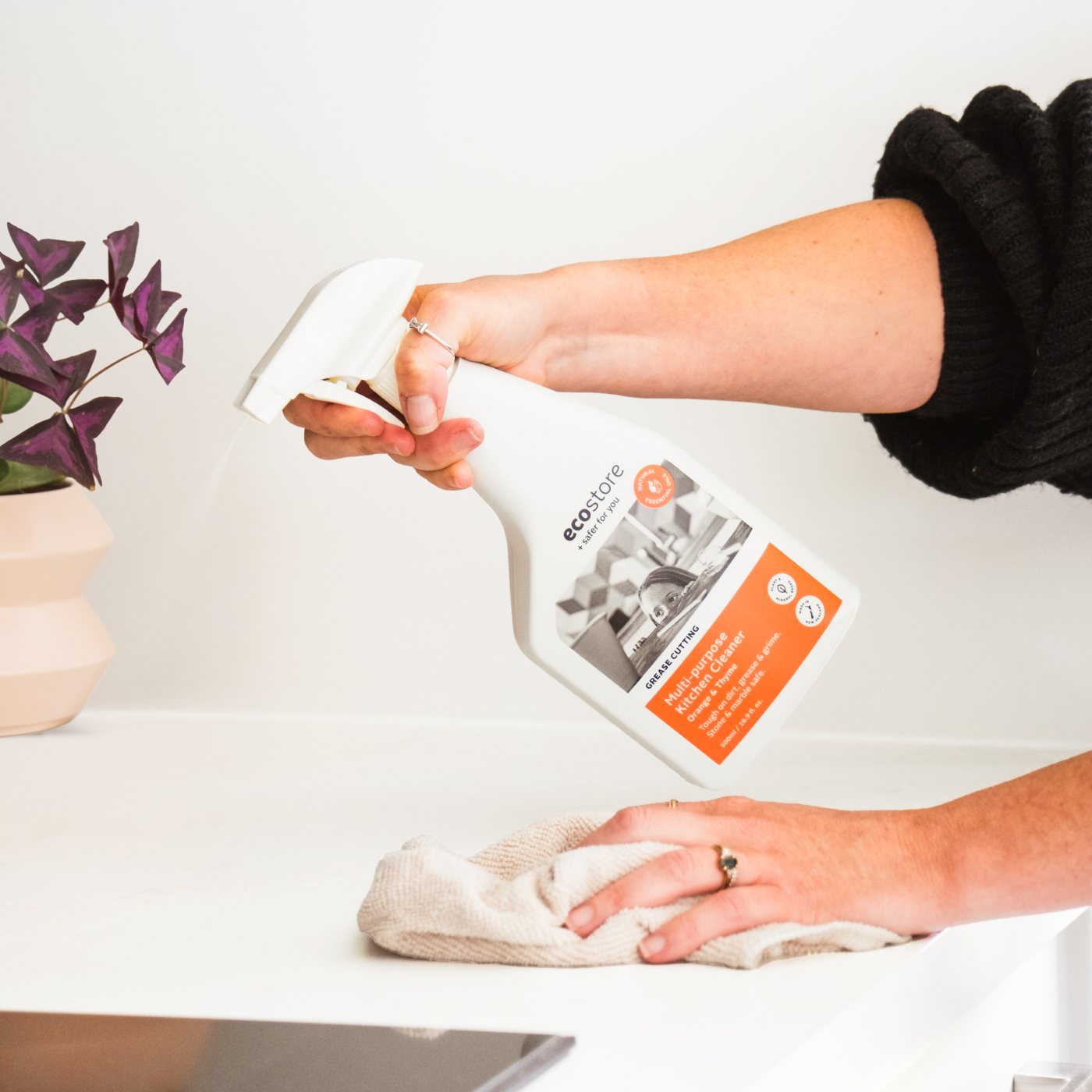Do you spend a lot of time hovering over the recycling bin while trying to determine if the thing in your hand can go in? You're not alone there. The numbers and triangle on plastic containers can be downright confusing.
The triangle - usually with a number inside and sometimes with an acronym like PET - is accepted as a universal symbol for recycling. While theoretically all numbers can be recycled, not all plastics marked with a triangle are recyclable in New Zealand.
Plastic recycling numbers and what they mean
The Resin Identification Code number identifies which plastic resin the product is made of, to make it easier for recycling facilities to categorise and deal with the different plastics.
Plastics can be divided into two broad categories that determine how they're recycled: thermoplastics and thermoset plastics. Thermoplastics are soft, pliable plastics used to make drink bottles, bags, ice cream containers etc. Thermoset plastics have been chemically set with a catalyst, making them much harder to recycle.
It all gets a bit tricky with not all councils or recyclers accepting all numbered plastics. For example, some councils won't take types 6 and 7 as they're less economically viable or harder to recycle. You may also have come across PLA, a plant-based plastic used to make water bottles and smoothie cups that's designed to slowly break down in landfill and can't be recycled. This is a general guide, but it's also a good idea to check your local council website for details specific to your area.
Yes, these plastics go in kerbside or council recycling
- #1 PET and rPET - water, soda and juice bottles, salad dressing, oil and sauce bottles, some cosmetics, household cleaners and more (this is a very common plastic for food packaging)
- #2 HDPE - laundry detergent, milk bottles, and ecostore's sugar plastic containers
- #7 LDPE - Tetra Pak style juice, milk and other drink cartons
- #5 PP - containers for margarine, yoghurt and dips
Each regional council is slightly different in what they will and won't accept. Check out these handy links to NZ's main centres here:
There's often a finite number of times materials can be recycled before they have to go to landfill. The polymers that make up the different types of plastic can get cross-contaminated, or absorb particles from the substance they contain. Recyclable plastics can usually be recycled 7-9 times, while aluminium, glass and steel can be recycled forever as these materials don't lose integrity during recycling.
About ecostore's sugar plastic
In 2014, ecostore switched all of our plastic bottles to Sugar Plastic - a 100% recyclable HDPE plastic made from renewable sugarcane. As sugarcane grows, it traps CO₂ from the atmosphere, which stays in the plastic, even when it's recycled. And even though it's made from plants, it's classed as a #2 - and can be recycled in New Zealand through your council recycling (unlike other plant-based plastics, which can't be recycled).
Ok, but what can't go in the kerbside recycling?
These plastics can't always be readily recycled in New Zealand. So while it's not always easy, it's a good idea to avoid buying them if possible.
- #4 LDPE - plastic shopping bags and supermarket produce bags, packaging materials
- Other soft plastics - things like bubble wrap, cling film and chip packets. You may be able to pop these into Soft Plastic Recycling scheme collection bins, along with shopping and produce bags. Use this store locator to find your nearest bin.
- Bags labelled as degradable, compostable, or biodegradable: they often start to break down before they're processed
- Plastic toys - even those that have recycling symbols numbers on them
- #3 PVC - this could include anything from shower curtains to inflatable toys, and PVC often has a distinctive smell
- #6 PS / EPS - polystyrene and expanded polystyrene like clamshell takeaway containers and coffee cups, as well as CD ‘jewel' cases
- #7 Polycarbonate or Acrylonitrile butadiene styrene (phew!) - this category includes refillable water bottles, DVDs and CDs, nylon substances, baby milk bottles and various types of electronic casings.
We hope this article helps you next time you're at the recycling bin. For tips and info on recycling non-plastic items, check out How to ace your recycling game.
Read more

Let's face it, lots of us are probably a bit guilty of ‘wishful recycling' - putting everything into our recycling bins in the hopes that they'll meet a better end than simply going to landfill. Un...

When it comes to fitness and exercise, I find many people think that seeing results means doing A LOT of exercise. If they don't get the results they're after, they think they need to do even more ...

